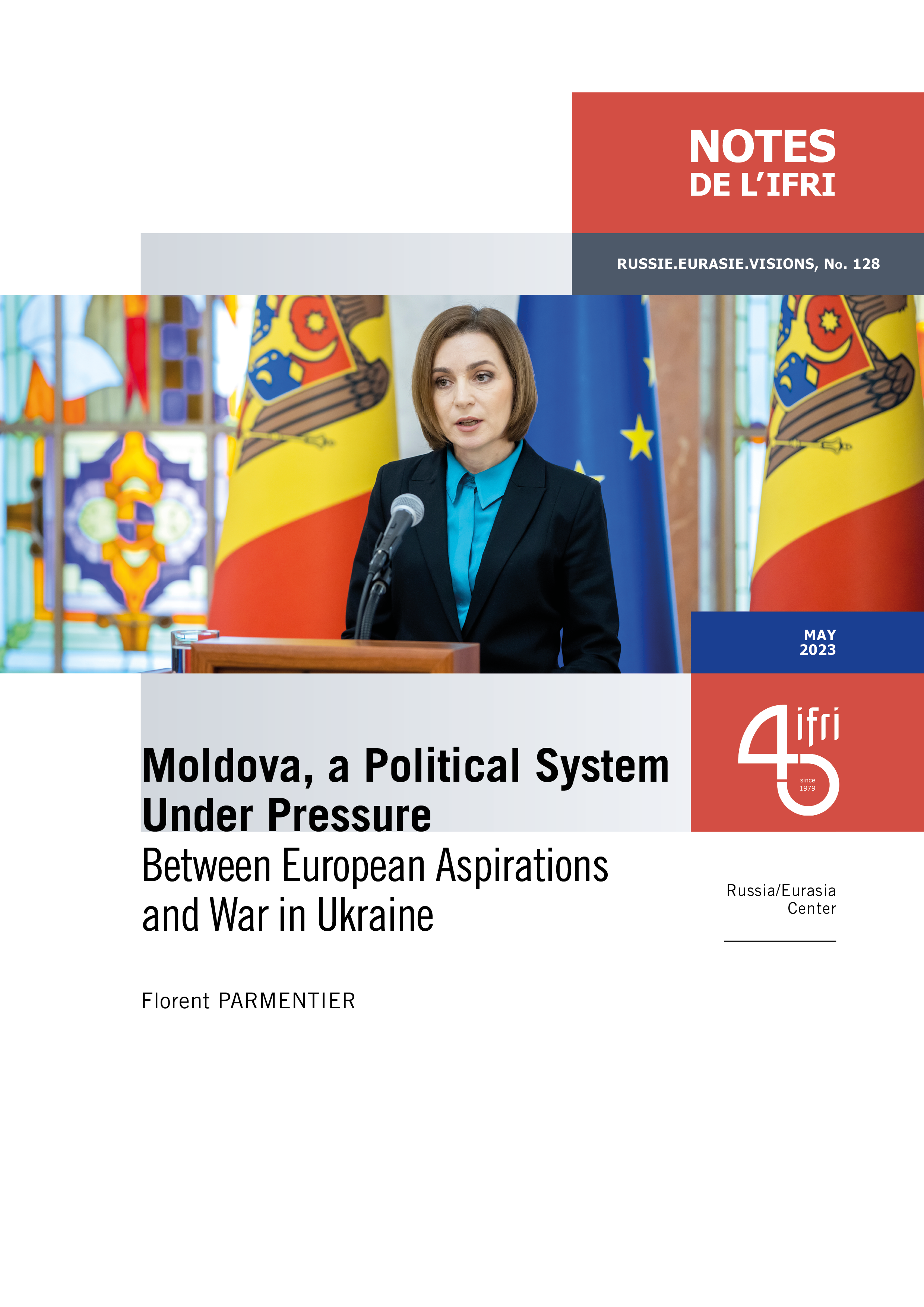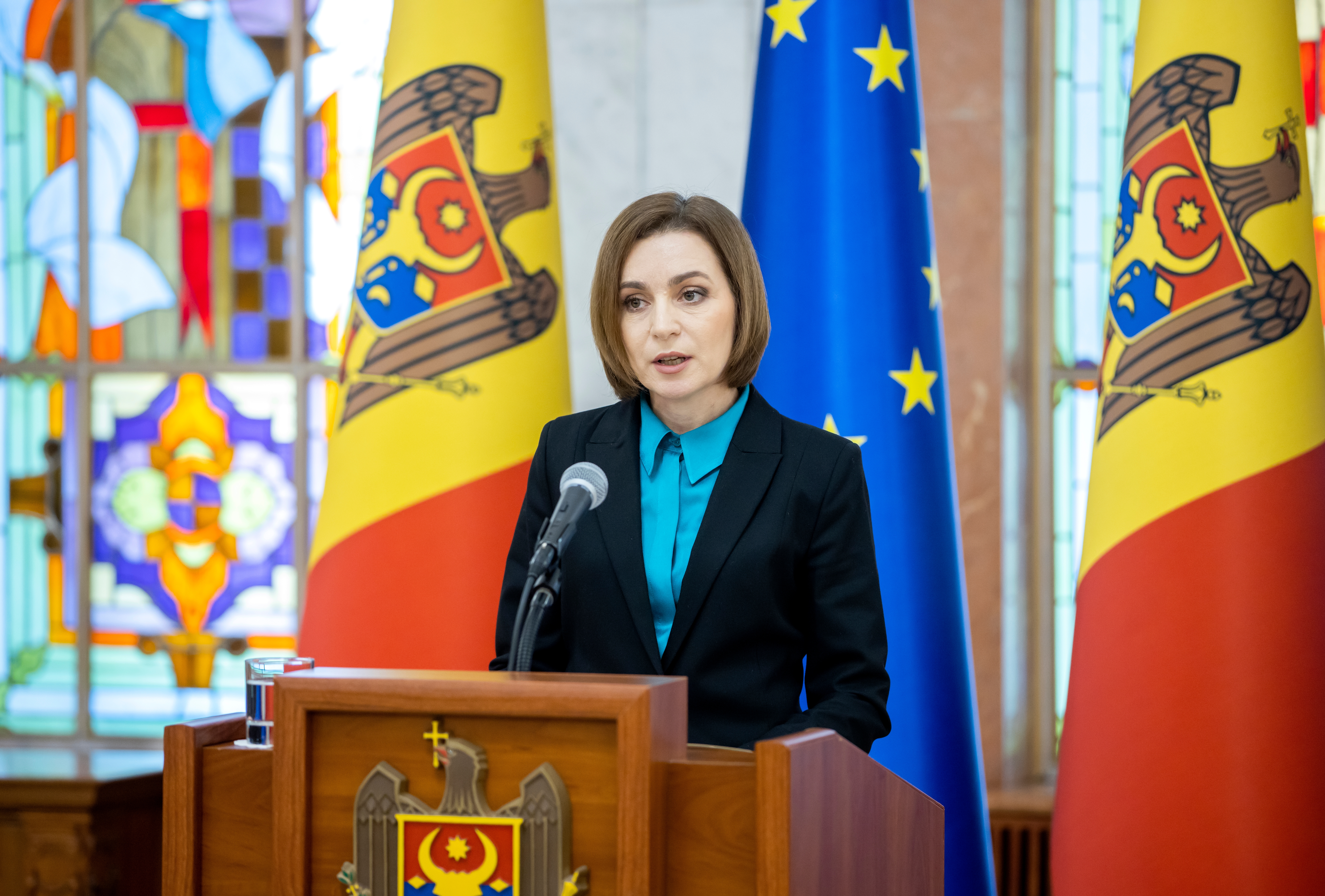Moldova, a Political System Under Pressure: Between European Aspirations and War in Ukraine

Maia Sandu, who was elected President of the Republic of Moldova by direct universal suffrage in November 2020, won a large parliamentary majority in the snap parliamentary elections held in July 2021. Her plan for the internal transformation of Moldova is closely linked to her objective of progress toward the European Union.

The war in Ukraine has accelerated advancement in this direction, as the Republic of Moldova was granted European Union candidate status at the European Council meeting on June 23, 2022.
A number of obstacles lie in its path, but external observers have so far focused on external factors, in particular the hybrid threats posed by Russia, relations with which have deteriorated considerably. However, Moldova’s capacity to transform itself is also affected by the interaction between internal and external factors, particularly in the political domain.
Florent Parmentier is a geopolitical specialist and holds a doctorate in political sciences. He has been the Secretary-General of the Centre de recherches politiques (Center for Political Research) at Sciences Po since 2019.
Download the full analysis
This page contains only a summary of our work. If you would like to have access to all the information from our research on the subject, you can download the full version in PDF format.
Moldova, a Political System Under Pressure: Between European Aspirations and War in Ukraine
Related centers and programs
Discover our other research centers and programsFind out more
Discover all our analysesThe Caspian Sea as an Emerging Energy Hub : Potentials and Limitations
This report analyzes the prospects of the Caspian Sea region — and its key actors except for Russia and Iran — becoming an important energy hub serving the needs of the European Union (EU).
The European Union's Strategic Test in Georgia
The political crisis brewing in Georgia is of an existential nature for the country. What is at stake is Georgia's future as a democratic and sovereign European nation (EU).
Commanders of Putin's Long War: Purged, Reshuffled and Disgruntled
The trend of reshuffling the Russian top military command in the course of a fast-evolving and far from successful war has progressed unevenly both across the Armed Forces’ structures and in time. The rationale for and timing of the abrupt cadre decisions made by Commander-in-Chief Putin often defy logical explanation, and the rare official clarifications are no more informative than the usual information blackout.
Russian Military Manpower After Two and a Half Years of War in Ukraine
In addition to a military victory in Ukraine, the Russian leadership is planning to build up sizable troop formations for a possible conflict with NATO in the Baltic region and the Kola Peninsula. In particular, current plans aim for the military manpower to grow by about 350,000, reaching a total of 1.5 million soldiers and commanders. In the context of the current conflict in Ukraine, this cannot be accomplished without a new wave of mass mobilization.









